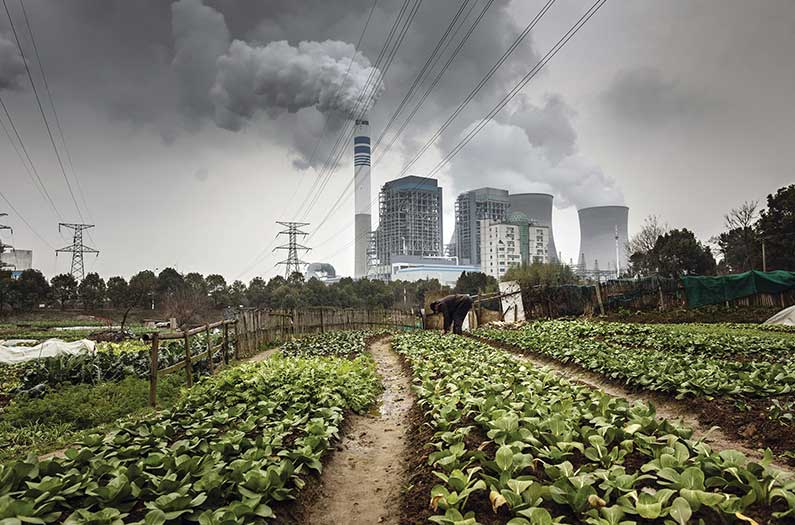Islamabad, Sep 22: Although air pollution is often associated with urban areas, it significantly affects rural regions in Pakistan, eroding traditional ways of life. Pollution from agriculture, waste burning, and traditional cooking methods is becoming increasingly detrimental to human health and the environment.
Dr. Naseer Memon, a climate expert, highlighted the consequences, including respiratory diseases, economic challenges, and threats to agriculture, which makes up nearly 40% of Pakistan’s GDP.
In rural areas, pollution comes from biomass fuels like wood and crop residue used in traditional cookstoves. These fuels release fine particulate matter and toxic gases, which pose serious health risks.
Dr. Fareed Soomro, a health expert, emphasized that exposure to these pollutants can lead to developmental problems, low birth weight, and increased risks during pregnancy.
The elderly, often with pre-existing conditions, are particularly vulnerable, adding pressure to already limited rural healthcare systems.
Pulmonologist Dr. Amina warned of the long-term effects of air pollution, such as lung cancer and chronic respiratory conditions like asthma and COPD. She called for urgent action to protect rural populations from these hazards.
Air pollution also threatens agricultural productivity. Studies show that pollution can reduce crop yields by 10% to 30%, affecting Pakistan’s food security.
Rising particulate matter levels harm staple crops like rice and wheat, while altered weather patterns caused by pollution and climate change negatively impact cash crops like cotton. This poses risks to both farmers’ livelihoods and the textile industry.
Climate expert Dr. Memon advocates for stricter emission regulations, cleaner cooking technologies, and improved waste management to reduce pollution in rural areas. Education on the health risks of air pollution and promoting sustainable practices can also help address the issue.
As air pollution continues to degrade rural life in Pakistan, comprehensive measures are needed to protect both human health and agricultural sustainability.
